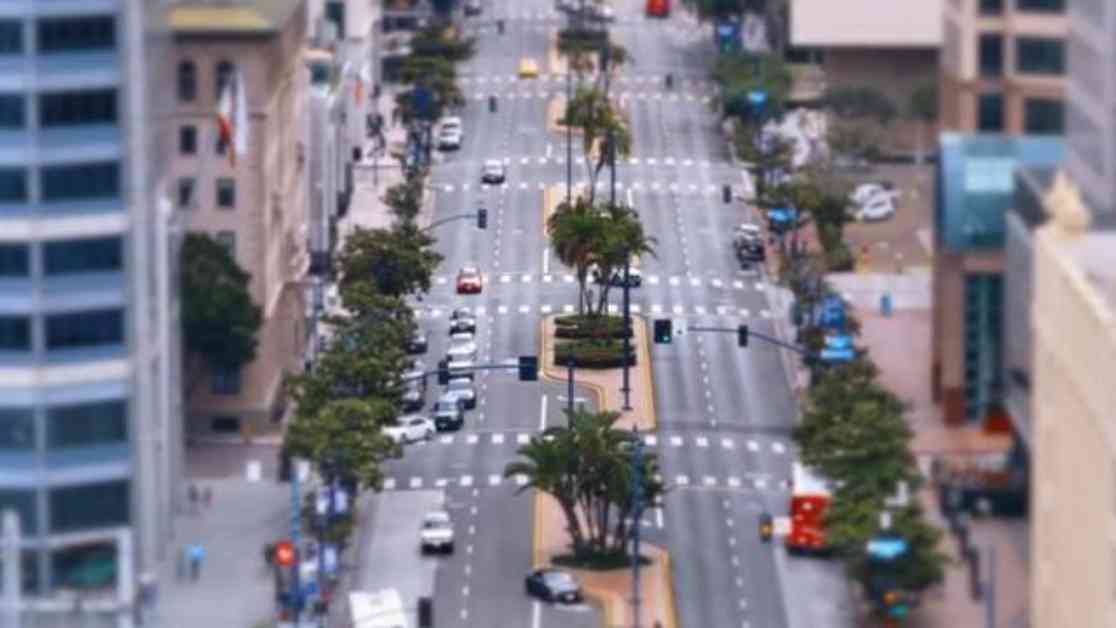San Diego residents will be voting on Measure E in the upcoming November election, which proposes to raise the city’s sales tax rate by one cent. This would increase the current sales tax rate from 7.75% to 8.75% on certain purchases, starting from April 1, 2025. Essential items like groceries, diapers, and prescription drugs would still be exempt from these fees.
The purpose of Measure E is to address a $200 million structural budget deficit that the city is currently facing, with ongoing costs exceeding regular revenue. City leaders are looking to generate an additional $360 million to $400 million for local services by increasing the sales tax rate. This increase would allow San Diego to collect two cents on the dollar in revenue, with the rest going to the state or other local entities.
If passed, Measure E funds could be used for maintaining and fixing roads, streetlights, and stormwater systems in the city. However, the cash generated would go into the city’s general fund and not be legally restricted to any specific use. The measure requires a simple majority of “yes” votes to pass.
Supporters of Measure E argue that the tax hike is necessary to improve public infrastructure, emergency response times, and the city’s stormwater system. They believe that the measure would have an immediate impact on every neighborhood in San Diego. The measure is endorsed by various municipal unions, environmental organizations, and public library and parks foundations.
On the other hand, opponents of Measure E, such as the San Diego County Taxpayers Association, believe that raising the sales tax is not the best solution to the city’s funding shortfalls. They argue that city leaders should focus on fiscal discipline and making tough budget cuts instead of relying on increased taxes. The lack of a sunset clause in Measure E is also a point of contention, as it would remain in effect indefinitely.
In conclusion, San Diego voters will have an important decision to make regarding Measure E in the upcoming election. The measure aims to address the city’s budget deficit and fund essential services through a sales tax increase. Both supporters and opponents have valid arguments, and it will ultimately be up to the voters to decide the fate of Measure E.


